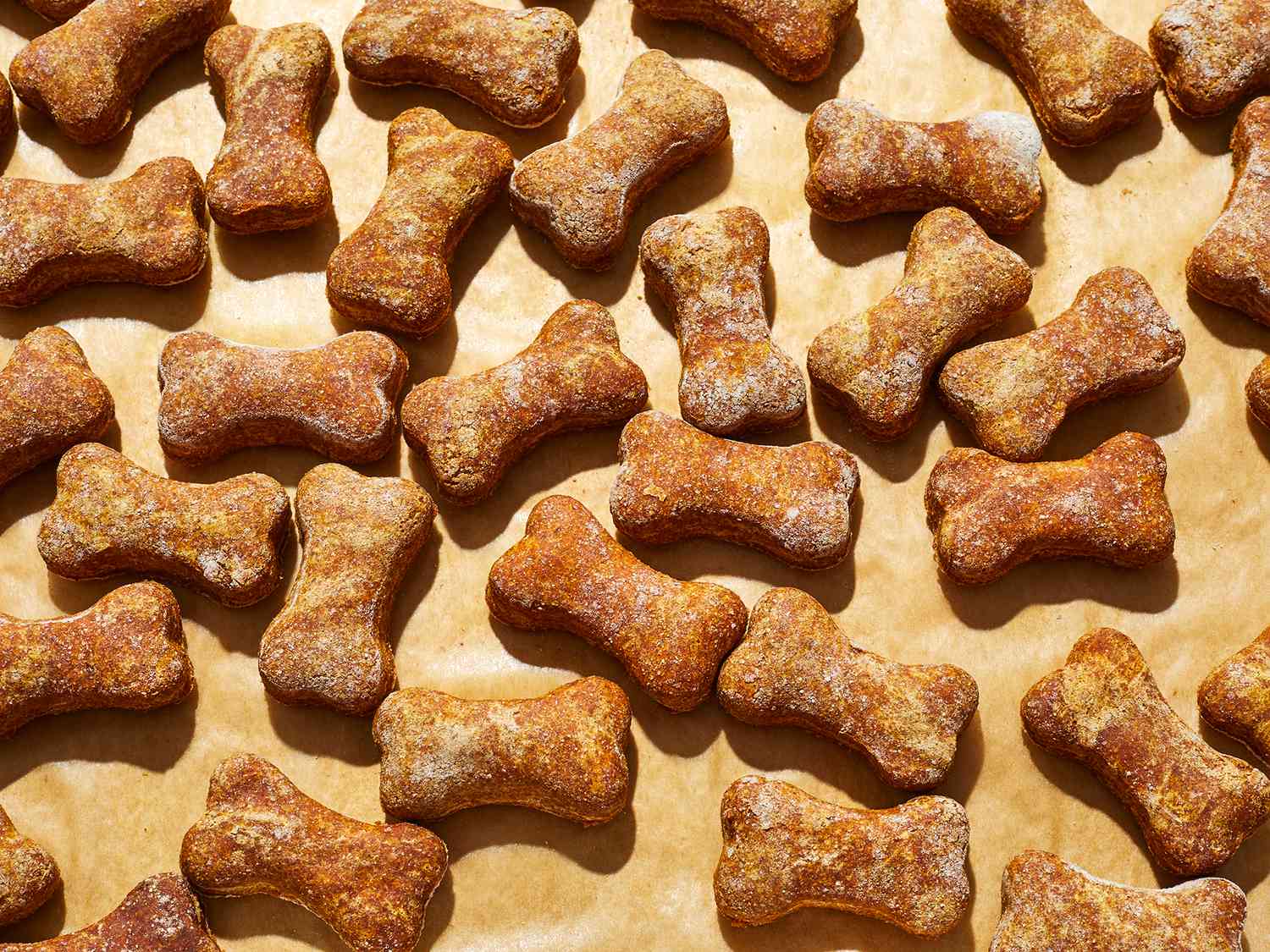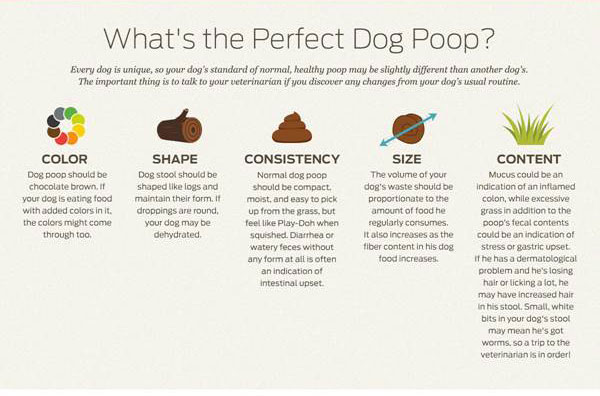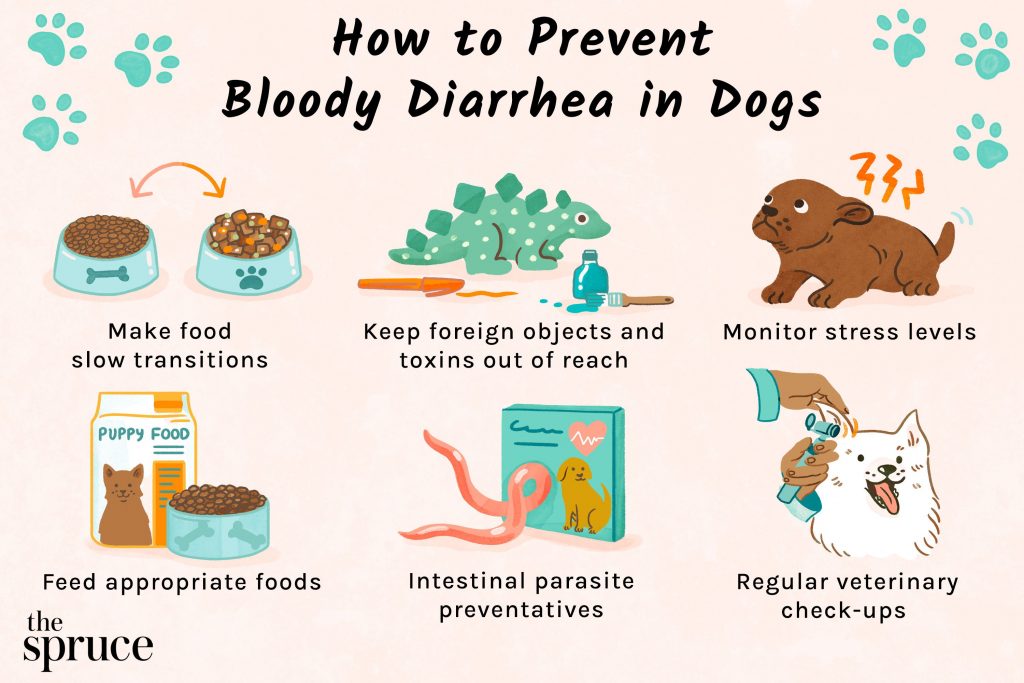What to Do When Your Dog Has Diarrhea: Expert Advice and Gentle Remedies. Learn expert tips on how To handle your dog’s diarrhea effectively. Discover gentle remedies & practical advice from professionals To help your furry friend stay healthy & happy.
Understanding Dog Diarrhea
Dealing with a dog who has diarrhea can be a messy & worrisome situation for any pet owner. It is important To understand The causes & potential remedies for this common condition in order To provide The best care for your furry friend. In this article, we will explore expert advice & gentle remedies for managing dog diarrhea, helping you navigate this uncomfortable situation with confidence & care.

Causes of Dog Diarrhea
There are several potential causes of diarrhea in dogs, ranging from dietary indiscretion To underlying health issues. It is important To identify The underlying cause in order To provide appropriate treatment & prevent further complications. Some common causes of dog diarrhea include:
- Ingesting spoiled or contaminated food
- Allergic reactions To certain foods
- Bacterial or viral infections
- Parasites such as worms or giardia
- Inflammatory bowel disease
- Pancreatic or liver disorders
- Stress or anxiety
When To Seek Veterinary Help
While mild cases of diarrhea can often be managed at home, it is important To monitor your dog’s condition closely & seek veterinary help if necessary. You should consult a veterinarian if:
- The diarrhea persists for more than 24 hours
- There is blood or mucus in The stool
- Your dog is lethargic or shows signs of dehydration
- There are additional symptoms such as vomiting or loss of appetite
Your veterinarian will be able To perform a thorough examination & recommend appropriate treatment based on The underlying cause of The diarrhea.
Managing Dog Diarrhea at Home
For mild cases of dog diarrhea that don’t require veterinary intervention, there are several steps you can take To provide relief & support your dog’s recovery:
- 1. Withhold Food for 12-24 Hours: Giving your dog’s digestive system a rest can help alleviate diarrhea. Offer small amounts of water frequently To prevent dehydration.
- 2. Gradually Introduce Bland Food: After The fasting period, introduce a bland diet consisting of boiled chicken & rice. This gentle food helps soothe The digestive system.
- 3. Probiotics: Adding probiotics To your dog’s diet can help restore a healthy balance of gut bacteria & support digestion. Consult your veterinarian for appropriate probiotic options.
- 4. Hydration: Ensure that your dog has access To fresh water at all times To prevent dehydration. You can also offer electrolyte solutions specifically formulated for canines.
- 5. Medications: In some cases, your veterinarian may prescribe medications To address The underlying cause of The diarrhea or To alleviate symptoms such as inflammation or pain.
Preventing Future Episodes of Dog Diarrhea
While occasional bouts of diarrhea may be inevitable, there are steps you can take To minimize The risk & maintain your dog’s digestive health:
- Feed your dog a balanced diet that is appropriate for their age, size, & breed.
- Avoid sudden dietary changes, & introduce new foods gradually.
- Keep your dog’s environment clean & free of potential contaminants.
- Ensure your dog receives regular veterinary check-ups & vaccinations.
- Minimize stress & provide a stable, peaceful environment for your dog.
- Regularly deworm your dog & use appropriate parasite prevention measures.
My Experience: As a dog owner myself, I have faced The challenges of dealing with dog diarrhea. It can be a distressing experience, but with The right knowledge & guidance, it is possible To help your furry companion recover quickly & comfortably.
Remember, every dog is unique, & what works for one may not work for another. It is important To consult with your veterinarian for personalized advice & treatment options. With patience & care, you can help your dog overcome diarrhea & maintain their overall health & well-being.
For more information on dog diarrhea & caring for your pet’s health, you can visit The American Kennel Club’s website or refer To The resources provided by The Cornell University College of Veterinary Medicine.
What to Do When Your Dog Has Diarrhea: Expert Advice and Gentle Remedies

What To Do When Your Dog Has Diarrhea: Expert Advice & Gentle Remedies
Dealing with a dog who has diarrhea can be a messy & concerning situation. As a dog owner, it’s important To know how To handle this common issue. In this article, we will provide expert advice & gentle remedies for dealing with your dog’s diarrhea. Remember, it’s always best To consult with your veterinarian for personalized advice.
Causes of Diarrhea in Dogs
Diarrhea in dogs can have various causes, including:
- Dietary changes or food intolerance:
- Bacterial or viral infections:
- Parasites:
- Inflammatory bowel disease:
- Medications or treatments:
- Stress or anxiety:
When To Seek Veterinary Care
While mild cases of diarrhea can often be managed at home, there are certain instances where veterinary care is necessary. You should seek veterinary care if:
- Your dog’s diarrhea is persistent or worsens:
- There is blood in your dog’s diarrhea:
- Your dog is showing other concerning symptoms:
- Your dog has a pre-existing health condition:
If you’re unsure whether To seek veterinary care, it’s always better To err on The side of caution & consult with your veterinarian.
Home Remedies for Dog Diarrhea
Before trying any home remedies, it’s important To consult with your veterinarian To rule out any underlying health issues. Once you have determined that your dog’s diarrhea is likely due To a minor cause, you can try The following gentle remedies:
- Provide bland food:
- Keep your dog hydrated:
- Introduce probiotics:
- Try fiber supplements:
- Consider natural remedies:
Remember, these remedies may not work for every dog, & it’s important To monitor your dog’s condition closely. If The diarrhea persists or worsens, seek veterinary care.
Preventing Diarrhea in Dogs
Prevention is always better than cure. Here are some tips To help prevent diarrhea in dogs:
- Maintain a consistent diet:
- Avoid sudden dietary changes:
- Keep your dog’s environment clean:
- Practice good hygiene:
- Minimize stress:
By following these preventive measures, you can reduce The risk of your dog developing diarrhea.
Comparison: Commercial vs. Homemade Dog Food for Diarrhea
| Aspect | Commercial Dog Food | Homemade Dog Food |
|---|---|---|
| Cost | 💲💲💲 | 💲💲 |
| Control of Ingredients | 👍 | 👎 |
| Nutritional Balance | 👍 | 👎 |
| Convenience | 👍 | 👎 |
| Taste | 👍 | 👎 |
It’s important To weigh The pros & cons of commercial & homemade dog food when dealing with diarrhea. While commercial dog food offers convenience & better control of ingredients, homemade dog food allows for more customization & potentially better nutritional balance. Consult with your veterinarian To determine The best option for your dog.
Overall, dealing with your dog’s diarrhea requires patience & proper care. Remember To consult with your veterinarian for specific guidance & monitor your dog’s condition closely. By following expert advice & trying gentle remedies, you can help your dog recover from diarrhea & ensure their well-being.
Experience: As a dog owner myself, I have encountered instances of my dog experiencing diarrhea. It can be worrisome, but with The help of my veterinarian, I was able To identify The cause & provide The necessary care To alleviate The symptoms. It’s important To be proactive & seek professional guidance when needed.
What to Do When Your Dog Has Diarrhea: Expert Advice and Gentle Remedies
To Address The Topic: “What To Do When Your Dog Has Diarrhea: Expert Advice & Gentle Remedies,” here are The Best FAQ Questions & Answers, formatted in WordPress Gutenberg HTML style:
What are The possible causes of diarrhea in dogs?
Diarrhea in dogs can have various causes such as dietary changes, food intolerance or allergies, bacterial or viral infections, parasites, stress, or underlying health issues.
When should I be concerned about my dog’s diarrhea?
If your dog’s diarrhea persists for more than 24-48 hours, is accompanied by other alarming symptoms such as vomiting, dehydration, lethargy, or bloody stool, it is crucial To seek veterinary assistance immediately.
Can I treat my dog’s diarrhea at home?
In mild cases, you can try some gentle remedies To alleviate your dog’s diarrhea. These include fasting for 12-24 hours, offering small amounts of bland food like boiled rice & boiled chicken, providing fresh water, & ensuring they are well-rested.
Should I give my dog any medications for diarrhea?
It is always recommended To consult with a veterinarian before administering any medications To your dog. They can provide appropriate guidance & prescribe medications if necessary, depending on The underlying cause of your dog’s diarrhea.
What should I do if my dog’s diarrhea doesn’t improve?
If your dog’s diarrhea doesn’t improve or worsens despite using home remedies, it is crucial To seek veterinary attention. The veterinarian will conduct a thorough examination & may recommend further diagnostic tests or prescribe specific treatments To address The underlying cause of The diarrhea.
Conclusion
In conclusion, it can be worrisome when your beloved furry friend is suffering from diarrhea. However, with expert advice & gentle remedies, you can help alleviate their discomfort & aid in their recovery. Remember To consult a veterinarian if The symptoms persist or worsen.
By following The guidelines shared in this article, you can effectively manage your dog’s diarrhea. Start by identifying The underlying cause, such as a sudden change in diet, food allergies, or a viral infection. Adjusting their diet by introducing bland food, such as boiled chicken & rice, can help soothe their stomach & encourage normal bowel movements.
To ensure your dog remains hydrated, provide plenty of fresh water & consider supplementing with electrolyte solutions made specifically for dogs. Avoid giving them any medication or home remedies without consulting a vet, as some human medications can be harmful To dogs.
Maintaining good hygiene practices is vital To prevent The spread of bacteria, especially if your dog’s diarrhea is caused by an infection. Regularly clean their living area, wash your hands thoroughly after handling them, & dispose of feces promptly & responsibly.

Observing & monitoring your dog’s condition is essential. If their diarrhea persists for more than a day or is accompanied by other concerning symptoms such as lethargy, vomiting, or bloody stools, seek immediate veterinary attention.
Remember, it’s always better To be safe than sorry when it comes To your pet’s health. By staying informed & seeking professional advice when needed, you can ensure your furry friend gets back To their happy, healthy self as quickly as possible.
